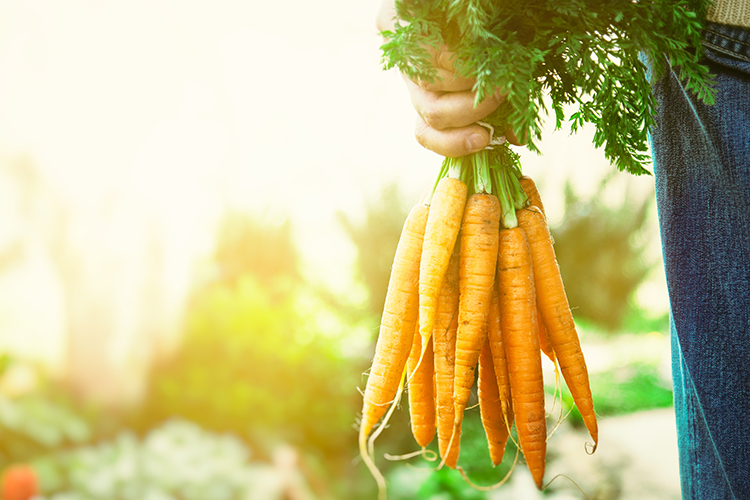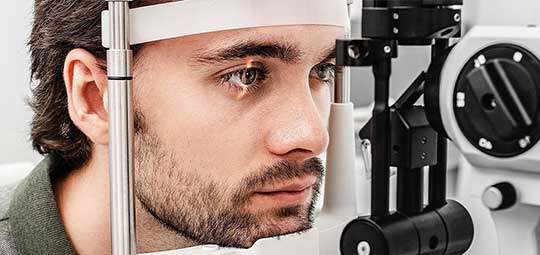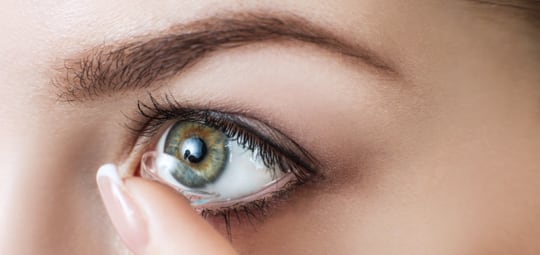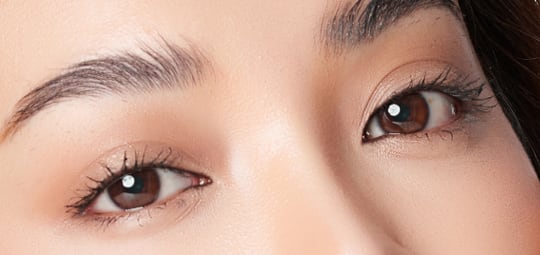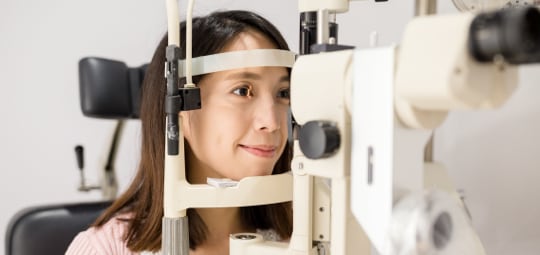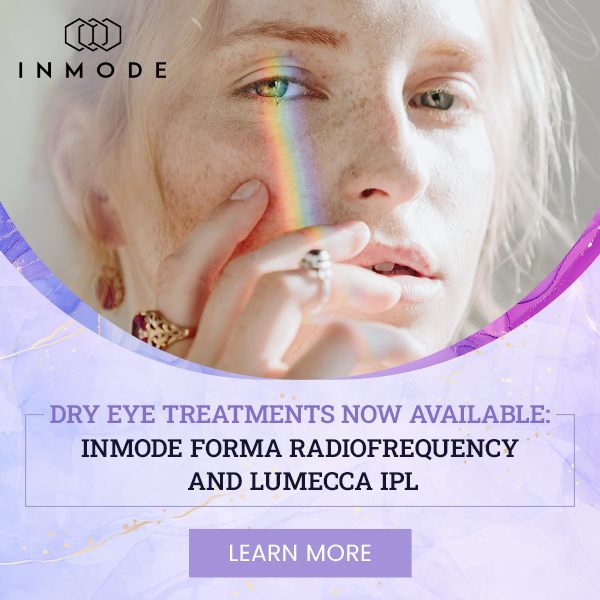Chances are you have been told to eat more carrots because they’re good for your eyes. Well, thank your mom because she was on to something.
There are many different foods for healthy eyes, and they are great to keep in mind when trying to balance your nutrition. Many studies link the relationship of a healthy lifestyle and the prevention of diseases. So here are four foods for healthy eyes to add to your dinner plate.
Carrots
What makes carrots sought-after for eye health is that they are high in rhodopsin and beta-carotene (which is converted by the body into vitamin A). Vitamin A and rhodopsin help support a healthy retina, especially the components associated with low light and color vision. Carrots also contain lots of antioxidants and other carotanoids. All these positive components may reduce the risk of developing macular degeneration, and may actually slow down the progression of the disease in patients who have already developed it.
Kiwis
Vitamin C is a nutrient powerhouse for our wellbeing. It is an antioxidant commonly found in fruits and vegetables. It’s been shown to improve many aspects of our bodies, including hair, skin and nails, but it also plays a major role in our visual health. When incorporated in your daily diet, Vitamin C has been shown to lower the risk of developing cataracts and slowing the progression of macular degeneration when it is taken in combination with other essential nutrients.
Surprisingly, the fruit that has the highest concentration of Vitamin C is the kiwi. Other good sources of Vitamin C are oranges, strawberries, orange/red peppers and broccoli.
Fish
Omega-3 fatty acids are essential fats that maintain the integrity of our nervous system. They are also extremely important for optimal visual development and retinal function. Studies have shown that two types of Omega-3s are important to the visual system: DHA (docosahexaenoic acid) and EPA (eicosapentaenoic acid). Low levels of both have been associated with eye diseases such as macular degeneration, diabetic retinopathy, and retinopathy of prematurity. Additionally, Omega-3 deficiency is also linked to dry eye disease.
Both EPA and DHA are contained in fatty fish, like salmon and tuna. They can also be taken as supplements and found in lower amounts in foods like nuts, flaxseeds and vegetable oils.
Fruits & Veg &…Egg Yolks
While fruits and vegetables may be an obvious choice for a healthy diet, egg yolks may be a surprising choice. What they all contain are two specific carotenoids, Lutein and Zeaxanthin. These carotenoids help with multiple functions in the eye, like helping to filter harmful, high-energy blue light (read more about Bad Blue Light). They also act as antioxidants that help support a healthy retina and play a role in the prevention of cataract formation. They may also help prevent macular degeneration.
Unfortunately, our bodies are not able to produce the Lutein and Zeaxanthin that we need, which means it’s important to get them from the foods that we eat. Vegetables like spinach, kale, turnips, and collard greens are great options, as are fruits like oranges and papayas. And egg yolks.
As Optometrists, we help patients deal with the debilitating nature of vision loss, and often discovered too late. We are passionate about educating our patients on the importance of a health lifestyle and balanced diet because this has significant impact on the visual system. So grab a kiwi and visit us for a consultation.


